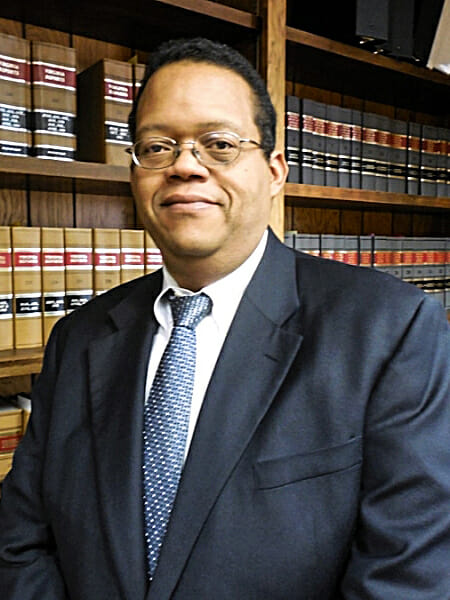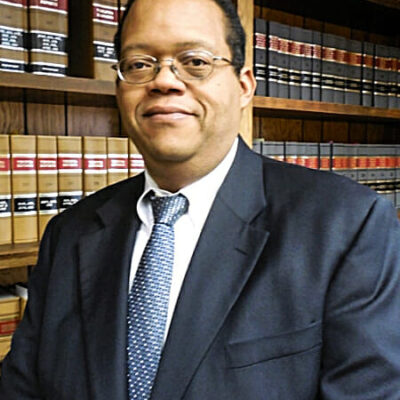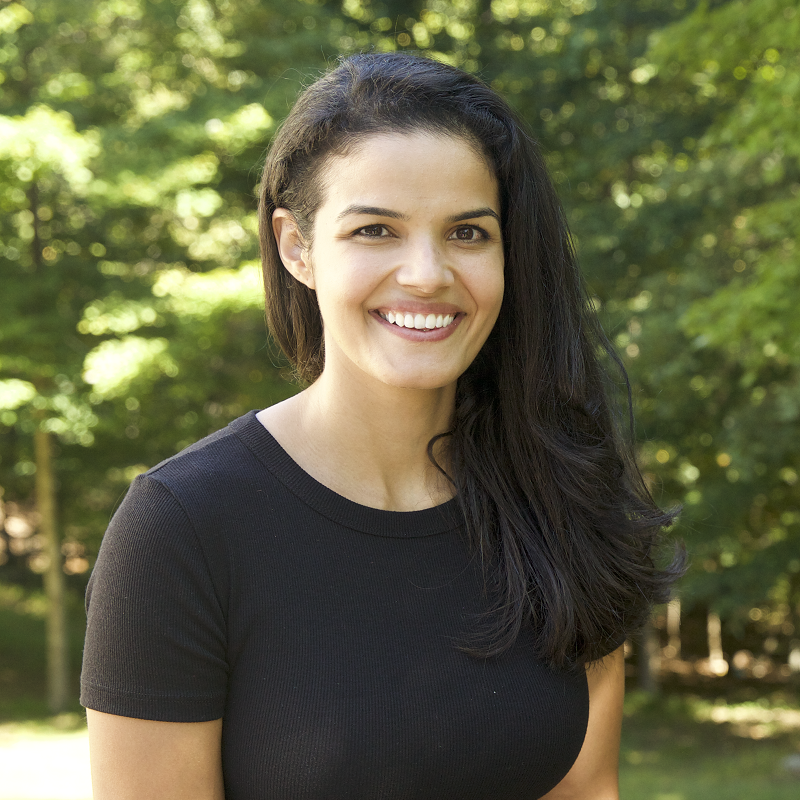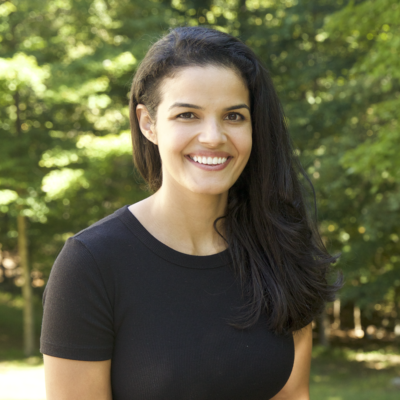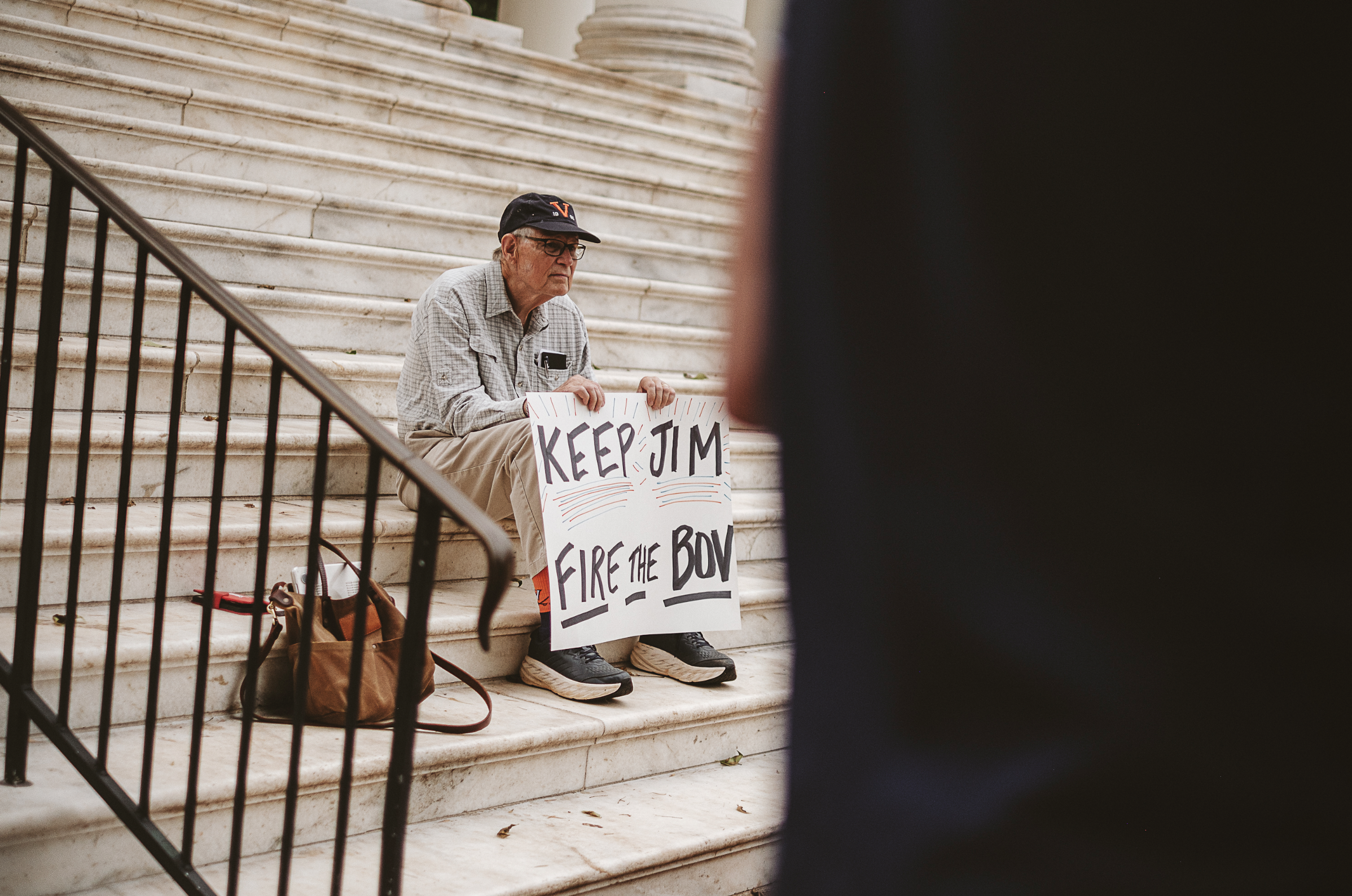
In a November 14 letter detailing his resignation, former University of Virginia president Jim Ryan raised new questions about the accuracy of accounts from Board of Visitors Rector Rachel Sheridan and Gov. Glenn Youngkin.
The letter, addressed to the UVA Faculty Senate, was not originally intended for public release—but as a personal record, according to Ryan. The 12-page document contains the former university president’s account of the events leading up to his resignation, as well as his remaining questions about what transpired.
Factors contributing to Ryan’s resignation can be traced back to the March 2025 BOV meeting, when the board issued a resolution dissolving the “Office of DEI” at UVA. University leaders were instructed by Sheridan, then chair of the BOV’s audit committee, to not publicly discuss the university’s ongoing efforts to enact the resolution prior to the board providing feedback.
Amid work to implement the resolution, UVA received a letter from the Civil Rights Division of the Department of Justice, requesting records of undergraduate admissions to show compliance with the 2023 Supreme Court Students for Fair Admissions ruling.
On April 28, one day prior to a special meeting of the BOV, UVA received a second letter from the DOJ.
“The letter asked us to explain why we hadn’t complied with the Board’s resolution, though it exaggerated the scope and nature of that resolution, suggesting—as had Governor Youngkin on television—that we were supposed to eliminate the entirety of DEI,” said Ryan. “It was unclear, and still is, why the United States Department of Justice would have the interest or authority to enforce a resolution of the Board of a state university, as opposed to enforcing federal law.”
Lawyers from McGuireWoods, originally hired in response to the undergraduate admissions inquiry, were tasked with also responding to the DEI letter.
UVA requested Jonathan Blank, Farnaz Thompson, and Jack White, three lawyers from McGuireWoods with whom it had previously worked. The attorney general’s office did not approve Blank, the seniormost attorney requested, who is a UVA alum and political moderate. White and Farnaz, the two lawyers appointed, are conservative.
Throughout the spring, McGuireWoods’ workload grew to include additional requests for admissions information from UVA schools. Despite Ryan’s recommendation that the firm provide the reports on a school-by-school basis as completed, White and Thompson opted to supply a comprehensive report of UVA’s admissions practices, delaying UVA’s response to the DOJ.
In the days leading up to the BOV’s June meeting, Sheridan informed Ryan that she and then-board member Porter Wilkinson had been invited to a meeting with the DOJ. When Ryan offered to join, he was allegedly told he was not invited, and his presence at further meetings, “would be supremely unpleasant and would likely lead to a bad outcome.”
“I never once spoke directly with the DOJ lawyers; everything was communicated through Rachel [Sheridan], Porter [Wilkinson], and later another board member, Paul Manning,” wrote Ryan.
Ryan never spoke directly with DOJ lawyers. Sheridan and Wilkinson were the first to tell Ryan the DOJ was requesting his resignation. They had not yet been elected as the university’s rector and vice rector.
“I indicated then, as I did in many conversations that followed, that of course I would be willing to resign if it were in the best interest of UVA,” Ryan said, “but I wasn’t sure it would be, given what it would mean in terms of letting the federal government decide who gets to be president of the University of Virginia.”
The DOJ has publicly denied that it called for Ryan’s resignation.
The alleged push for Ryan’s resignation was not addressed during the June BOV session, leading the former president to dismiss it as a negotiation tactic. At a June 16 lunch meeting with Manning, the threat became more serious.
“Paul [Manning] told me that he had heard from both the Governor and Rachel [Sheridan] about the need for me to resign,” Ryan said. “He told me that, as a friend, he did not want me to go through the ordeal of trying to fight the federal government, and he was worried what the DOJ—and other agencies—might do to UVA, especially with respect to research funding.”
Pressure continued to ramp up, culminating in a recommendation from Sheridan that Ryan speak with Beth Wilkinson, an attorney who was familiar with Columbia University’s negotiations with the federal government (which resulted in the resignation of Columbia’s president and an agreement to pay the federal government more than $220 million over a three-year period).
Unbeknownst to Ryan, Beth Wilkinson was hired by Sheridan—prior to the start of her term as rector, and without notifying then Rector Robert Hardie—to act on behalf of the BOV.
“[Beth Wilkinson] was focused solely on persuading me to resign,” said Ryan about the June 24 meeting. “Lawyers representing a potentially adverse party have an ethical duty to indicate as much—and not pretend they are [on] the same side. The conversation continued to be tense, and at one point Beth told me that I was going to be kicked out one way or the other, and that if I didn’t resign, the Board would fire me.”
Two days later, The New York Times leaked DOJ efforts to get Ryan to resign. Sheridan, White, and Thompson met with DOJ attorneys the same day, June 26, and were reportedly given an “amazing offer” by the organization.
“I was told that the DOJ lawyers were very upset with the leaked story in the Times, and that the only offer on the table was that I needed to resign by 5pm that day or the DOJ would basically rain hell on UVA,” said Ryan. “I also needed my resignation to be effective prior to the students returning. If I did not resign that day, I was told that the DOJ would extract/block hundreds of millions of dollars from UVA before they would even negotiate.”
Ryan learned of the offer at 1pm. Efforts to push back the deadline failed. He was not shown the offer or its terms in writing (“for fear of a leak”), beyond seven concessions transcribed by then-Rector Hardie, who had only just been brought up to speed on the situation.
With only four hours to make a decision, and the DOJ “basically willing to grant UVA blanket immunity,” Ryan resigned. News of his resignation became public the next day, June 27.
“The call for my resignation, right until the end, seemed so outlandish as not to be entirely believable. It also felt like a hostage situation, where the kidnapper threatens harm if you do not keep information about the demands confidential,” said Ryan. “I worried that if I went public, UVA would lose funding and get attacked by the Trump administration, and I would still end up being fired or forced to resign, regardless.”
“If the DOJ was sincerely threatening UVA if I did not resign, I think it’s important to recognize that that presented a difficult choice,” said Ryan. “What is not clear to me, however, is whether the threat was real, or whether the idea came from the Board members who spoke with the DOJ lawyers, our own lawyers, the Governor, or some combination of that group. … Given the contradictory statements, someone is obviously not telling the truth.”
Ryan’s letter came in the wake of warring messages to the BOV from governor-elect Abigail Spanberger and outgoing Governor Youngkin.
While Spanberger called on the BOV to pause its presidential search ahead of her inauguration, Youngkin claims her request is an overreach and “potentially damaging” to UVA. Following a November 17 ruling in which the Supreme Court of Virginia upheld the authority of the Senate Privileges and Elections Committee to block Youngkin appointments, Spanberger is poised to fill five vacancies on UVA’s board come January.
